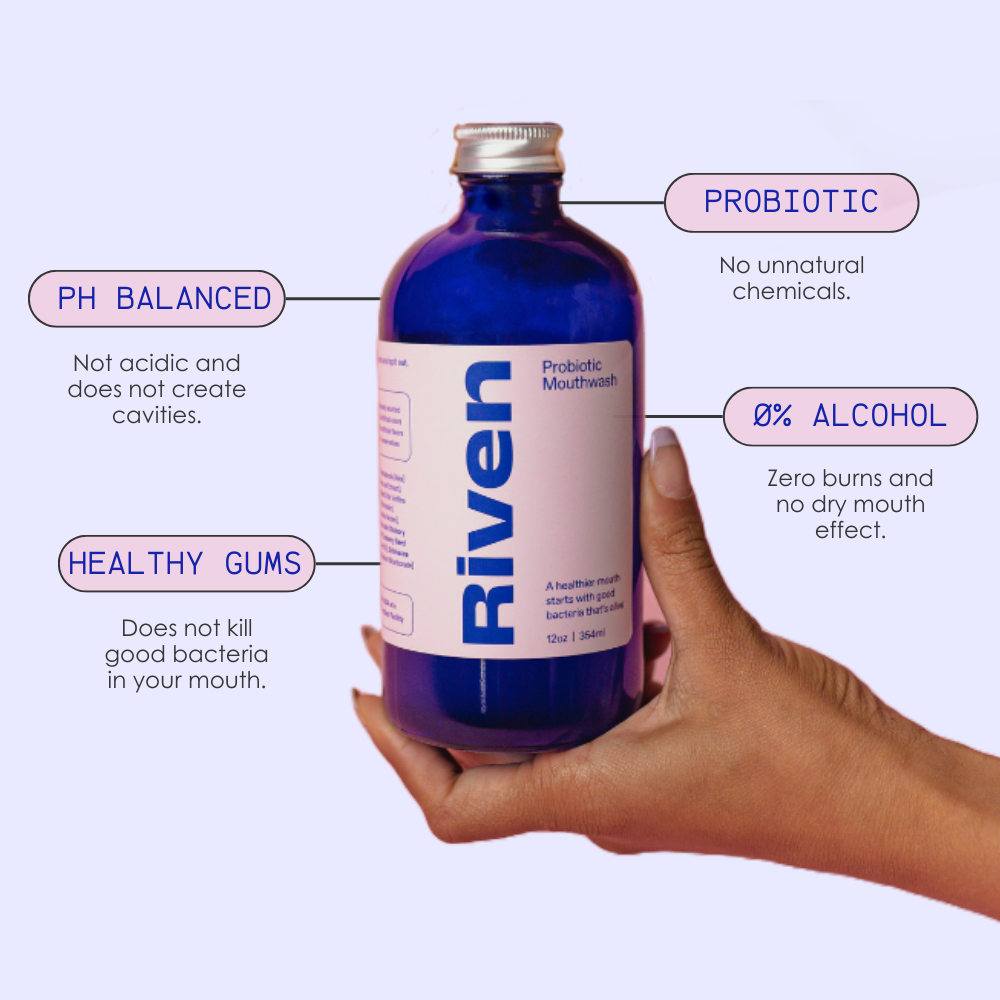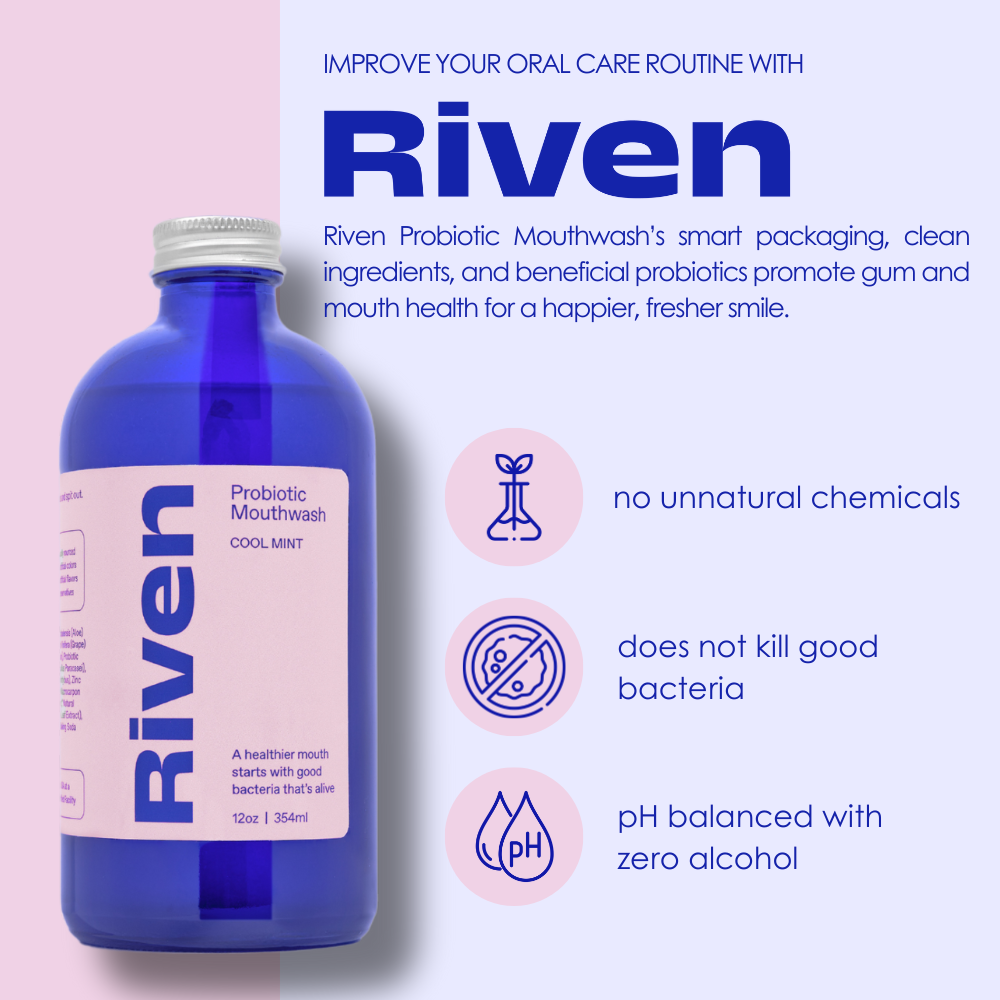Understanding the vital connection between diet and oral health is crucial. Surprisingly, some everyday foods can lead to mouth sores, teeth problems, and tongue pain. Gluten, commonly found in wheat, rye, and barley, can profoundly affect oral health, especially in individuals with celiac disease. This article delves into the effects of gluten on the mouth, discussing symptoms, potential complications, and strategies for managing them.
Celiac Disease and Gluten Sensitivity
Celiac disease is an autoimmune disorder triggered by the consumption of gluten, a protein found in wheat, rye, and barley. Gluten is the substance responsible for the chewy texture of bread, but for individuals with celiac disease, it sets off a destructive immune response within the body. This immune reaction damages the lining of the gut, impeding the absorption of vital nutrients and minerals. Left untreated, celiac disease can lead to the development of other autoimmune conditions.
The Mouth and Gut Connection
The mouth and gut share a close connection, both anatomically and immunologically. They have similar linings, structures, and immune systems. Consequently, problems in one area can often manifest as symptoms in the other. In the case of celiac disease, the effects extend to the mouth, making it essential to pay attention to oral health.
Celiac Disease and Mouth Sores
One of the hallmark symptoms of celiac disease is the development of mouth sores, also known as canker sores or aphthous ulcers. These sores can be painful and typically appear on the inside of the cheeks. It's crucial not to dismiss these sores as normal occurrences, especially if they persist or reoccur frequently. They may serve as an early indicator of celiac disease or gluten sensitivity.
Teeth Enamel Problems in Celiac Disease
Perhaps one of the most significant oral health concerns associated with celiac disease is the impact on teeth enamel. Dentists refer to these changes as "enamel defects" or "hypoplasia." Signs of teeth enamel issues include discoloration, yellow or brown spots, pitting, or bands on the teeth. Celiac disease causes damage to teeth enamel due to the immune system's response to gluten consumption and the resulting nutritional deficiencies.
Celiac Tongue and Mouth Lining Inflammation
Celiac disease can also affect the tongue. A swollen, red, and smooth tongue, known as atrophic glossitis, can make eating and swallowing painful. This type of tongue will appear smooth and lack the typical bumps and creases. Another condition associated with celiac disease is geographic tongue, characterized by map-like patterns on the tongue's surface. While these tongue conditions can be uncomfortable, they are generally considered harmless.
Oral Cancers and Celiac Disease
Untreated celiac disease can significantly increase the risk of head and neck cancers, including mouth cancer, esophageal cancer, larynx cancer, and lymphoma. In fact, the risk of these cancers is estimated to be ten times higher in individuals with celiac disease who do not adhere to a gluten-free diet compared to those who do.
Gluten and Mouth Symptoms in Children
Identifying the signs of celiac disease in children is particularly critical, as early detection leads to timely treatment and fewer long-term complications. Children with celiac disease may exhibit changes in tooth enamel as a primary symptom. In some cases, enamel defects may be the only clue to the presence of "silent" celiac disease in children. Dentists, dental hygienists, and pediatricians should be vigilant when assessing children's oral health and be on the lookout for discolored or yellow teeth.
Mouth Symptoms That Could Indicate Celiac Disease in Children:
- Burning tongue
- Delayed tooth eruption
- Dry mouth
- More cavities than other children
- Mouth sores (aphthous stomatitis and/or angular cheilitis)
- Red, slick tongue (atrophic glossitis)
- Yellow teeth or discolored teeth
Gluten Intolerance and Its Impact on Oral Health
While celiac disease is a well-known trigger for oral health issues related to gluten, it's essential to acknowledge that gluten sensitivity, formally known as non-celiac gluten sensitivity, can also affect oral health. Individuals with gluten sensitivity experience symptoms after consuming gluten-containing foods, such as bloating, gas, diarrhea, and abdominal discomfort, even though they do not have full-blown celiac disease. The prevalence of gluten sensitivity is challenging to determine precisely but is estimated to affect 0.6% to 13% of the general population.
Mouth symptoms related to gluten sensitivity may not be as widely reported as in celiac disease, but they do exist. Some individuals with gluten intolerance may develop mouth ulcers or canker sores, referred to as aphthous stomatitis. Additionally, those who experience recurrent ulcers, geographic tongue, or increased susceptibility to cavities should consider gluten as a potential culprit. Gluten is known to damage the cells of the mouth lining and gut lining, causing increased permeability, or 'leakiness,' in these tissues. This effect can impact the oral health of many individuals, not just those with diagnosed celiac disease or gluten sensitivity.
Conclusion
In summary, understanding the link between diet and oral health is vital. Gluten, commonly found in wheat, rye, and barley, can have a significant impact on oral health, particularly in individuals with celiac disease. This article explored the effects of gluten on the mouth, including symptoms and potential complications. Whether it's mouth sores, teeth enamel problems, or tongue issues, being aware of these signs can lead to early detection and better management of these conditions. Additionally, gluten sensitivity, although less understood, can also affect oral health. Maintaining good oral hygiene and seeking professional advice when needed is crucial for overall well-being, especially for those with gluten-related concerns."





